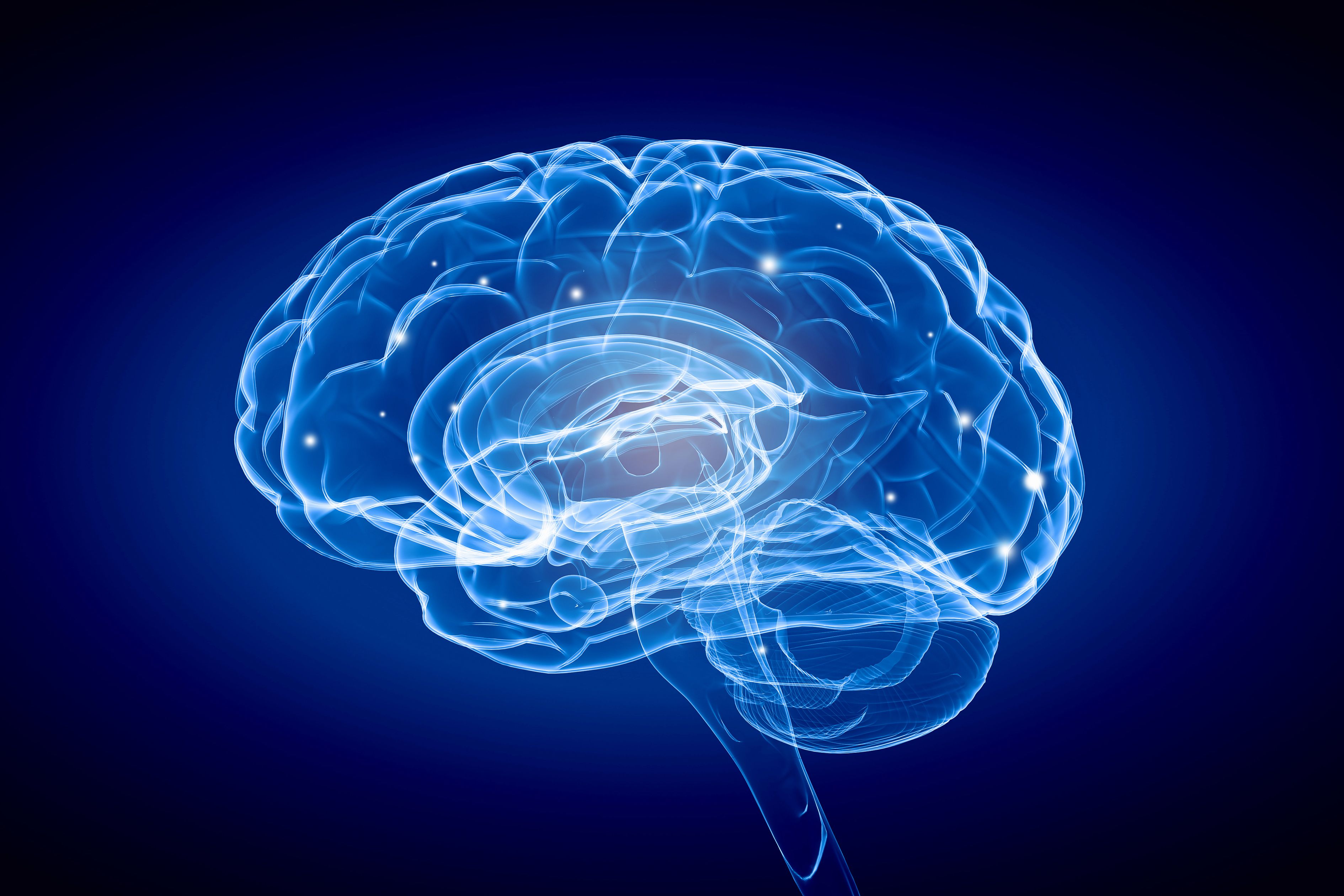
(Vienna, 31 March 2020) Patients with schizophrenia have higher levels of dopamine and the typical symptoms of the disease have been linked to this. However, it is not only the elevated level of the neurotransmitter dopamine that triggers symptoms in patients but also poorer regulation of dopamine release by a certain area of the brain. For the first time, this has now been demonstrated by MedUni Vienna scientists.
The neurobiology of schizophrenia is as of yet insufficiently understood. Recent findings from a study conducted at the MedUni Vienna provide new insight into the mechanisms of this disorder. The results of the study conducted at MedUni Vienna have recently been published in the journal Translational Psychiatry.
About 1% of the population suffers from schizophrenia. It is known that the dopamine system in patients with schizophrenia, is hyper-sensitised and overreacts when stimulated, releasing large quantities of the neurotransmitter dopamine. This leads to the onset of typical schizophrenia symptoms, such as hearing voices or delusional and disorganised thinking. Antipsychotic medication that is used to treat patients with schizophrenia counteract these symptoms by dampening the transmission of the dopamine signal.
In a MedUni Vienna study, the dopamine system of healthy people has now been compared with that of patients with schizophrenia who had never received any antipsychotic treatment. In order to partially emulate alteration found in patients with schizophrenia, the dopamine system of healthy subjects was "sensitised" by repeated administration of a low dose of the dopamine-releasing drug amphetamine.
Prefrontal cortex regulates dopamine levels
The results of the study show that excessive dopamine release alone does not cause the typical symptoms of schizophrenia: no symptoms occurred in the group of healthy volunteers, despite sensitisation and the elevated dopamine release associated with it. The results of the study show that dopamine release is very well regulated by the prefrontal cortex (an area of the brain) in healthy volunteers, whereas this regulation is dysfunctional in patients with schizophrenia. "From this, we conclude that people affected by schizophrenia have difficulty regulating the release of dopamine via the prefrontal cortex. It is not so much about the quantity of dopamine released but more about a deficiency in the regulation processes by the prefrontal cortex," explains lead author Ana Weidenauer from the Department of Psychiatry and Psychotherapy of MedUni Vienna/Vienna General Hospital.
The study was conducted using Magnetic Resonance Imaging and Positron Emission Tomography, the latter technique offering an insight into metabolic processes and changes in dopamine release in the presence of amphetamine.
It also showed that a larger volume of the language centre (Broca's area) in the prefrontal cortex is associated with lower dopamine release in healthy volunteers. This relationship was not found in patients. "Our study provides detailed insights into the brain of untreated patients with schizophrenia," explains principal investigator Matthäus Willeit from the Department of Psychiatry and Psychotherapy at MedUni Vienna/Vienna General Hospital, "the prefrontal cortex is a region of the brain where language, emotions and memory converge. This is an important starting point for therapeutic developments."
Service:
On the relationship of first-episode psychosis to the amphetamine-sensitized state: a dopamine D2/3 receptor agonist radioligand study
Ana Weidenauer, Martin Bauer, Ulrich Sauerzopf, Lucie Bartova, Lukas Nics, Sarah Pfaff, Cecile Philippe, Neydher Berroterán-Infante, Verena Pichler, Bernhard M. Meyer, Ulrich Rabl, Patrick Sezen, Paul Cumming, Thomas Stimpfl, Harald H. Sitte, Rupert Lanzenberger, Nilufar Mossaheb, Alexander Zimprich, Pablo Rusjan, Georg Dorffner, Markus Mitterhauser, Marcus Hacker, Lukas Pezawas, Siegfried Kasper, Wolfgang Wadsak, Nicole Praschak-Rieder and Matthäus Willeit; Translational Psychiatry.
https://doi.org/10.1038/s41398-019-0681-5